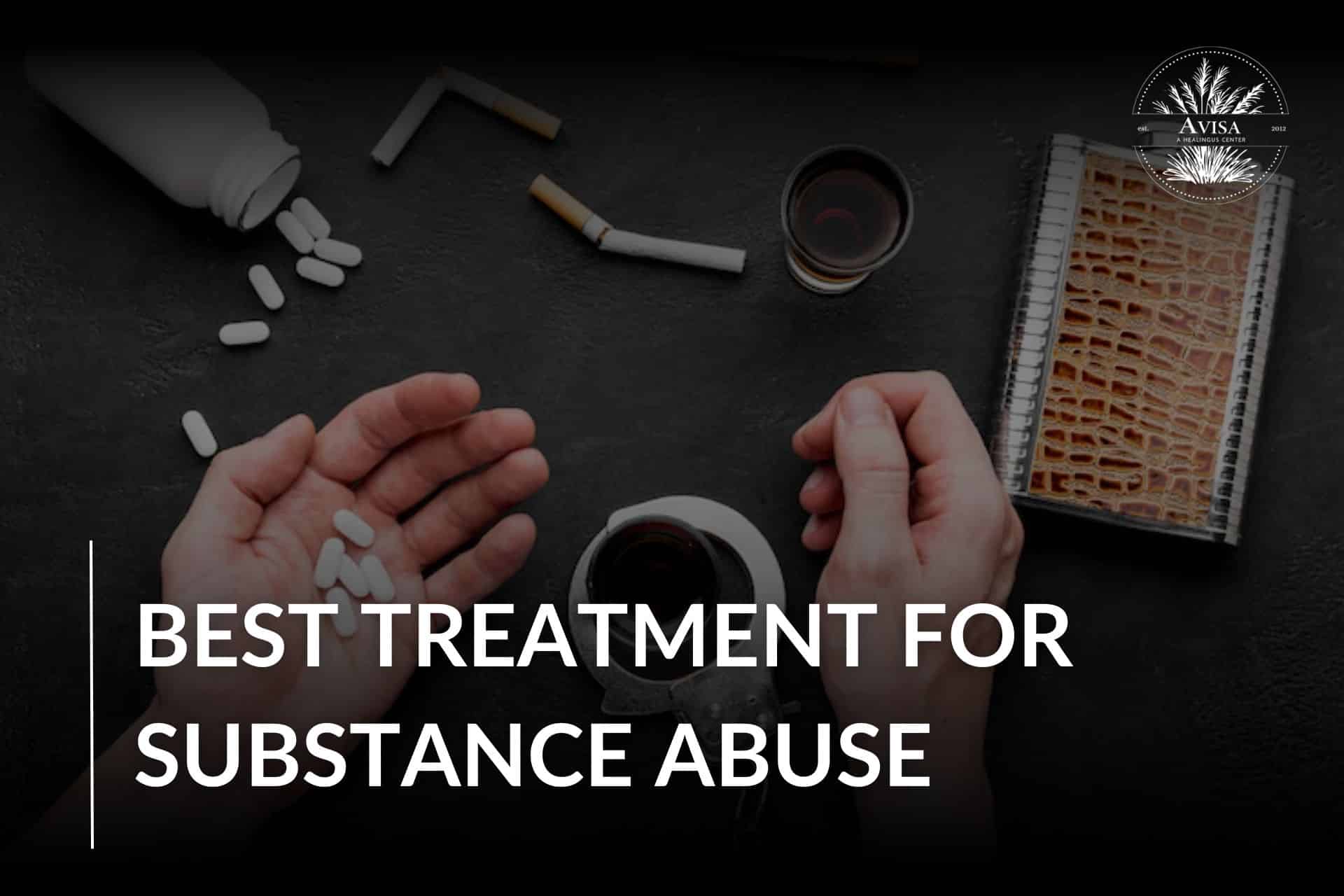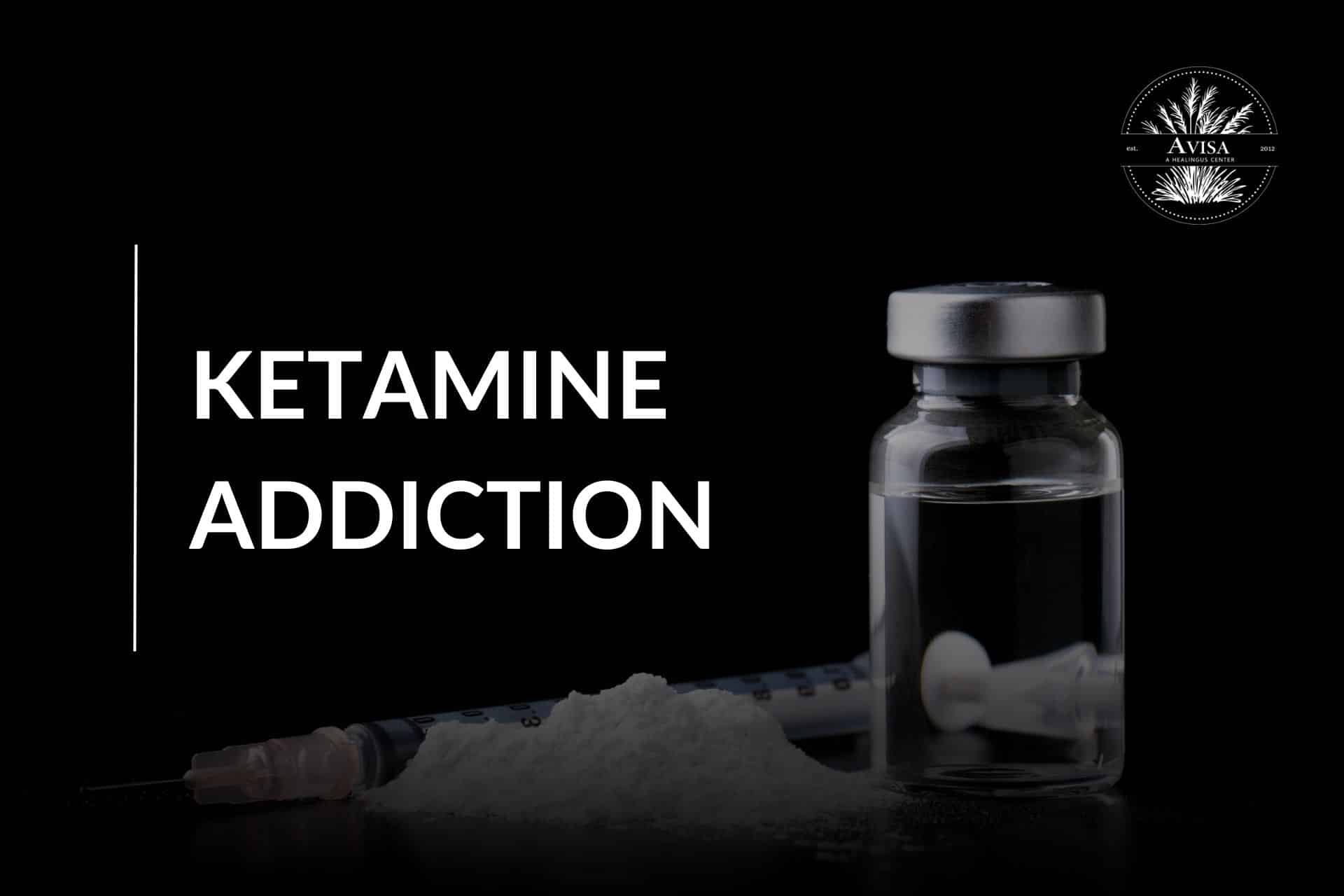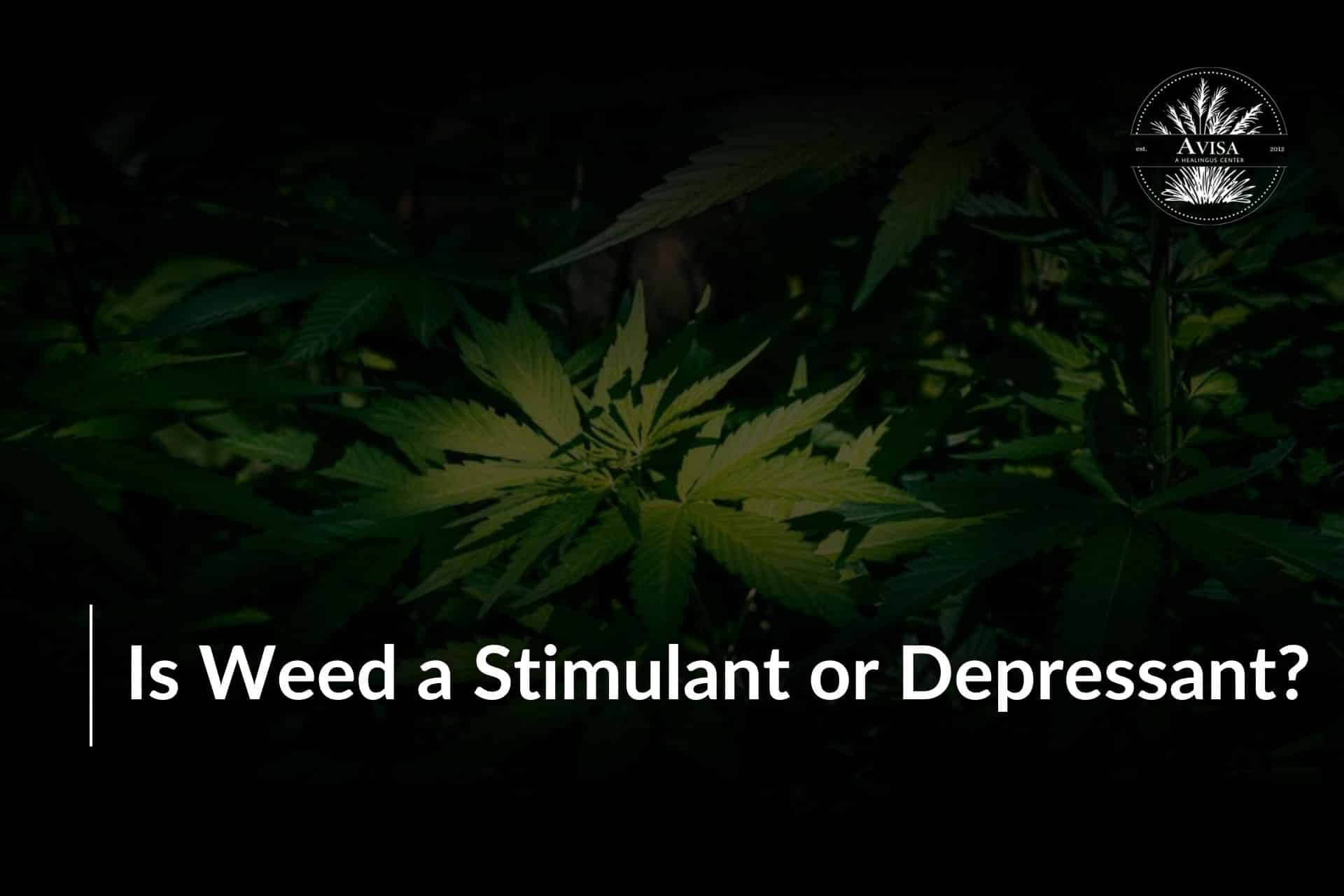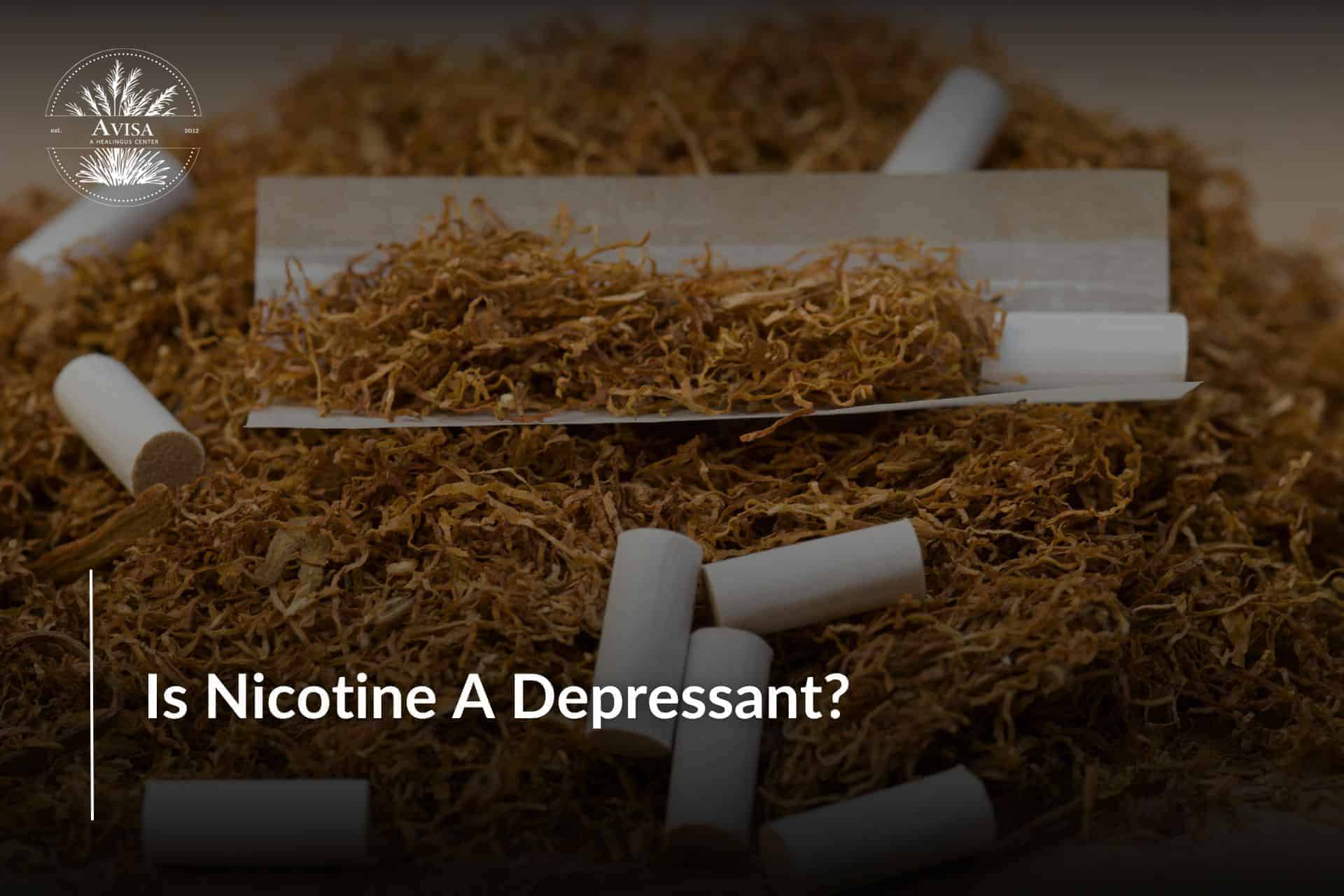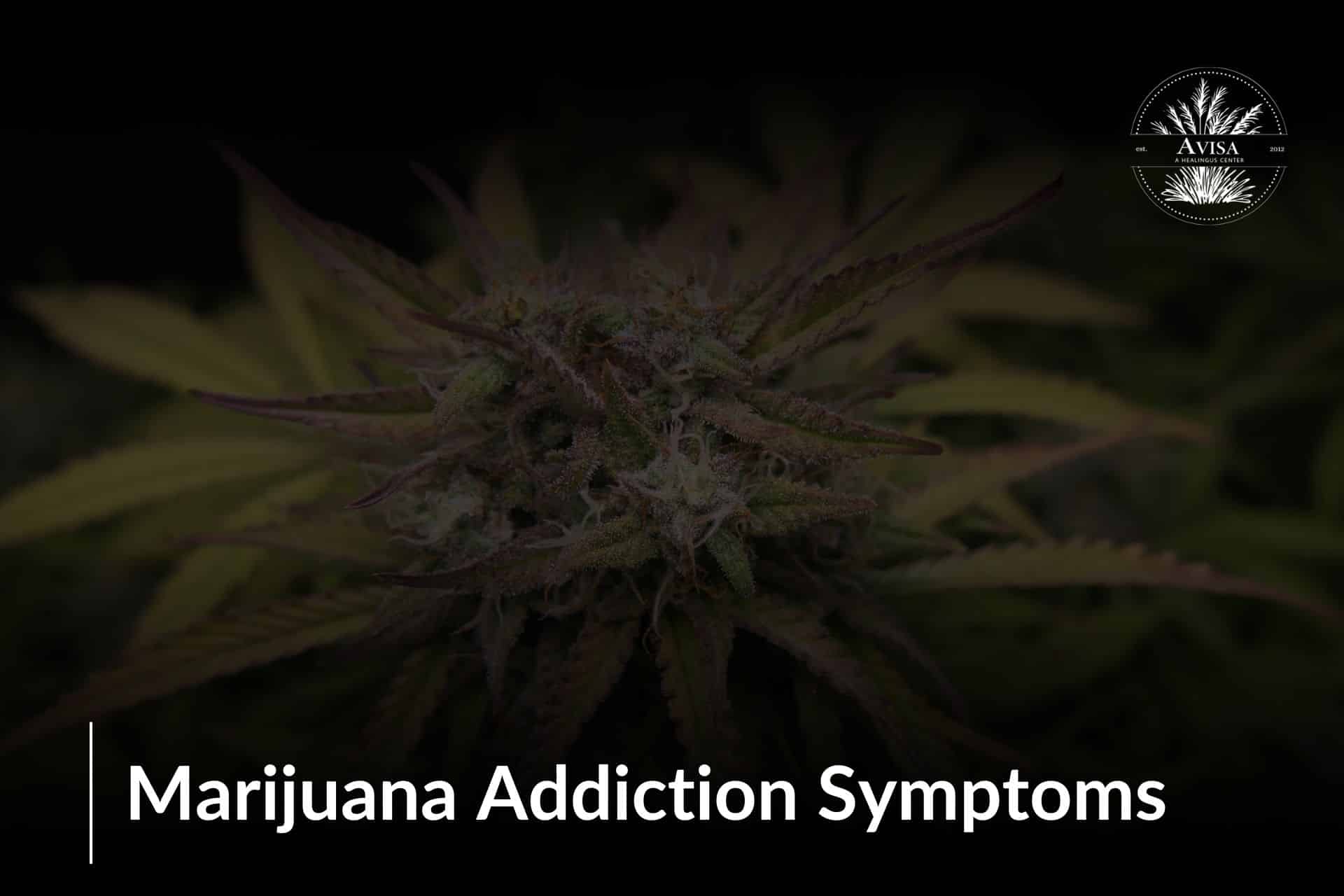This blog deeply covers all the possible answers to the burning question, “What is motivational enhancement therapy?” Motivational enhancement therapy is an evidence-based and efficient addiction treatment method for those experiencing problems with substance abuse. Addiction is a complicated disease that can seriously wound your life, and the identification of an appropriate treatment mode becomes very important for recovery. Motivational enhancement therapy is a therapeutic approach intended to help individuals discover the inner strength that they can use to change behavior and start living healthier lives free of any substances.
Motivational enhancement therapy resides much deeper than any conventional confrontational methodologies providing a collaborative and non-judgmental environment in which those involved can examine the complex patterns of motivations.
Recent studies show that people participating in MET have increased 30% intrinsic motivation to combat addictive behavior. This is not simply a statistical figure but rather the embodiment of MET’s power to spark that flame for change inside people and send them on their way toward salvation from addiction.
In this article, we will explore the key principles of MET, its applications, and its effectiveness as a treatment approach. We will also address frequently asked questions about motivational enhancement therapy to provide a comprehensive understanding of this valuable modality.
What is Motivational Enhancement Therapy?
Motivational enhancement therapy is an approach developed by psychologists William R. Miller and Stephen Rollnick in the early 1990s, to help individuals suffering from addiction understand their conditions. The duo identified the limitations of aggressive and coercive methods in solving substance abuse issues, thus looking for the suggested therapeutic model that was more empathetic and so collaborative.
The article outlines how MET can be used to treat a wide variety of behavioral issues. The results of this study showed that MET is adaptive and it was found effective not only for treating substance abuse issues but also other interventions associated with smoking cessation, gambling addiction, etc.
The Genesis Of Motivational Enhancement Therapy
At first, Miller and Rollnick developed motivational enhancement therapy as a component of the larger treatment modality called Motivational Interviewing (MI). Initially, MET concentrated on people with alcohol use disorders and its principles gradually evolved to address a wider range of addictive behaviors.
Evolution And Refinement
The principles of motivational psychology informed the foundational concepts of MET. The treatment sought to improve people’s inner motivation for change by resolving ambivalence and increasing self-efficacy. Through the years, Miller and Rollnick worked together with other researchers as well as practitioners tweaking MET’s methods and then broadening its scope to numerous behavioral issues aside from alcohol dependence.
Integration Into Clinical Practice
Today, this therapy is a part of various treatment approaches being used and this approach significantly contributes to the successful therapeutic plan. Its person-centered approach and emphasis on individual motivations make it a helpful tool for therapists working with various populations, from those affected by substance abuse to individuals dealing with problems such as gambling smoking, or poor eating habits.
Key Principles: What is motivational enhancement therapy?
1. Express Empathy
Empathy is central to motivational enhancement therapy. Therapists who practice MET develop true empathy for the individual’s life, the problems he faces and his goals. Therapists create a non-judgmental space where individuals feel heard and valued. This emotional rapport catalyzes change, effectively setting up a collaborative therapeutic relationship.
2. Develop Discrepancy
Motivational enhancement therapy utilizes the concept of developing discrepancy strategically to create inspiration for change. This principle is about helping people identify this misalignment between what they are doing right now and who or where they want to be or what they value. Exploring this dissonance in MET creates a cognitive change whereby people accept the need for reform and adjust their behaviors with what they want. In this way, developing discrepancy becomes a strong motivator on the path to positive change.
3. Roll with Resistance
Resistance is a natural element of change, and MET approaches the issue in its own way. So instead of taking on resistance point blank MET practitioners roll with it, that is to say, they do not seek confrontation in terms of power struggles or showings off but work around the dynamism presented by resistance and interpretation. By looking into and analyzing these sources of resistance, MET creates an environment in which people are comfortable sharing their worries and feel that the process will help them tap into a desire for change.
4. Support Self-Efficacy
One of the most fundamental aspects of MET is empowering individuals to believe in their ability to change. Therapists actively boost self-efficacy by drawing on past successes, strengths, and moments of resilience. It helps an individual reinforce their belief in his/her ability to achieve significant changes which instills confidence as they continue along the path towards recovery and transformation.
A meta-analysis stated that motivational enhancement therapy(MET) is effective when treating substance use disorders. The analysis included different studies that showed a constant positive effect in reducing substance use issues and supporting long-term recovery.
Applications: What is MET?
Motivational Enhancement Therapy has been applied to different areas of behavioral modifications, primarily in dealing with substance abuse and addiction. It has also been effective in combating other issues like gambling, unhealthy eating habits, and medication adherence. MET is an adaptable tool that can be used in both individual and group therapy sessions across a multitude of clinical settings.
Benefits Of Motivational Enhancement Therapy
Motivational enhancement therapy consistently helps people who require treatment for substance abuse and addiction, showing positive results.The non-adversarial and respectful nature of MET resonates with the fundamental premises guiding motivational psychology, leading to increased motivation toward change.
Increased Engagement
The collaborative and non-confrontational approach of MET often results in increased involvement from people who may not be keen on more traditional treatment methods.
Tailored Approach
MET emphasizes individual motivations and gives personalized treatment, realizing that everyone is unique in their journey towards change.
Positive Outcomes
Research shows that motivational enhancement therapy may have positive effects, such as decreases in substance use rates, better treatment retention, and superior overall health.
A recent study argued that individuals who underwent motivational enhancement therapy had a greater rate of treatment retention as compared to subjects receiving other therapeutic interventions.
Frequently Asked Questions: What is Motivational Enhancement Therapy?
1. What are the key components of motivational enhancement therapy?
Motivational enhancement therapy consists of an initial assessment, personalized feedback, and a collaborative goal-setting process. It places much emphasis on empathy, reflective listening techniques, and building the difference between present behaviors and future aims.
2. Is motivational enhancement therapy suitable for all individuals struggling with addiction?
Despite the results achieved by motivational enhancement therapy for many people, its use may vary according to a person’s needs and inclinations. It may be necessary to seek the advice of a professional therapist or counselor to find an adequate treatment plan.
3. How does MET differ from other treatment modalities?
MET is in contrast to traditional confrontation methods, emphasizing relationship creation and sympathy instead of force. It helps people question their ambiguity towards change. It also. encourages them to develop the internal incentive for making better choices and improving their lives.
4. How long does motivational enhancement therapy typically last?
The length of motivational enhancement therapy can differ based on an individual’s needs and progress. Some people might need a couple of sessions and others may require long-term assistance. MET has an elastic nature that allows for customized treatment plans to address different requirements.
5. Is motivational enhancement therapy effective for people suffering from multiple mental health disorders?
Absolutely. MET is effective in dealing with both substance abuse and mental health disorders. Its people-oriented nature facilitates individualized interventions.
This incorporates multiple strategies that aim to holistically address the needs of patients struggling with dual challenges. MET’s flexibility makes it a potentially attractive choice for those grappling with the difficult intersection points of mental health and substance abuse. It’s a good idea to talk to a professional to figure out if MET is a good fit for people dealing with more than one disorder.
Conclusion
Motivational enhancement therapy is an effective and valuable method in combating substance abuse disorder. It is a formidable tool for fostering good behavioral change, as it stresses cooperation, empathy, and internal motivation. As a person-centred therapy, it follows the doctrine of motivational psychology hence promoting profound and long-term results for people who want to lead sober lives and adopt healthier lifestyles.
Incorporating motivational enhancement therapy into treatment programs can provide individuals with the necessary support and guidance on overcoming the obstacles of addiction recovery. By knowing the key theories and practices of motivational enhancement therapy, people, families, and medical specialists can cooperate to support sustainable change and encourage health.
Our all-encompassing treatment approach at Avisa prioritizes attending to a person’s physical, mental, emotional, and spiritual needs. Our goal is to provide every person with the best care possible. For this reason, Avisa actively seeks out and removes obstacles that prevent underserved communities from receiving the healthcare they need. Please come along on your healing journey with us.





